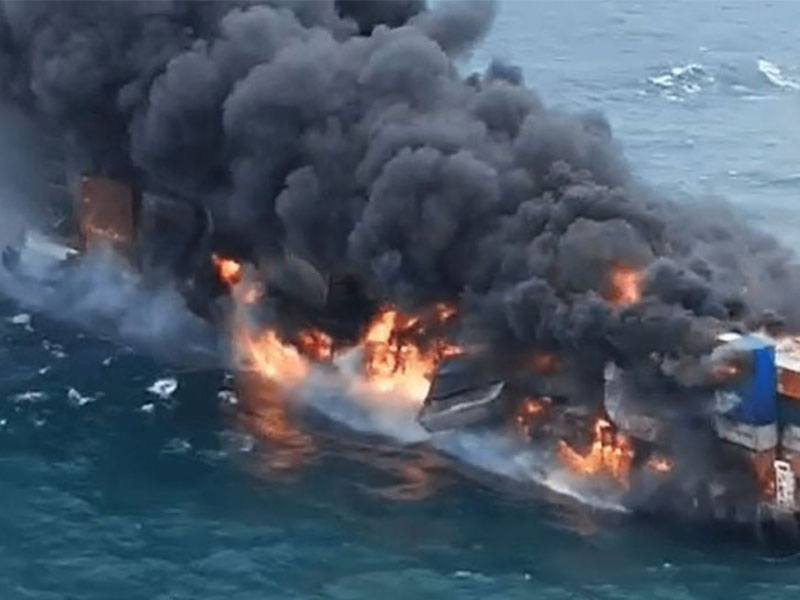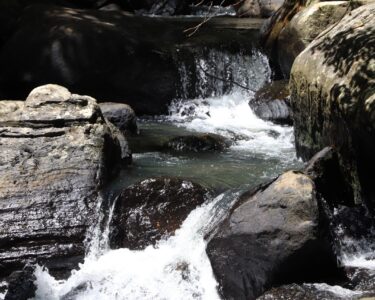Sri Lanka grapples with the ongoing ecological fallout of the 2021 X-Press Pearl maritime disaster, as reports emerge of lost endemic fish species and widespread emaciation among marine life.
The alarm was raised by MP Ajith Mannapperuma, Chairman of the Sectoral Oversight Committee on Environment, Natural Resources, and Sustainable Development. He revealed that, according to industry sources, several native ornamental fish have vanished entirely from the affected waters, leaving the industry reeling.
The emaciation of surviving fish has further compounded the crisis, making it difficult to identify and collect even common, small species. The effects persist, leaving an unsettling scene of a struggling ecosystem.
The damage isn’t limited to small fish. Sprats, a crucial forage fish variety, also show worrying signs of emaciation. Carcasses of larger fish and even turtles have been found washed ashore, hinting at wider impacts on the marine food chain.
Adding to the concerns, the sea’s health hasn’t fully recovered. The vibrant colors of ornamental fish, a prized feature, are reportedly muted and dull, suggesting damage from the ship’s toxic waste.
Despite assurances from the Marine Environment Protection Authority (MEPA) about fuel removal, disturbing reports of persistent fuel patches on the water surface near the sunken ship continue to surface. These persistent spills raise questions about the effectiveness of cleanup efforts and their potential long-term effects.
The tragedy’s impact on fish populations is undeniable. Fishermen in the affected areas struggle to find their usual catches, urging authorities to conduct annual assessments of harvested fish post-disaster and implement ongoing monitoring measures to track and address any declines.
The X-Press Pearl disaster cast a long shadow over Sri Lanka’s fisheries and marine ecosystems. The fight to restore normalcy continues, but the loss of unique species and the lingering health problems in the sea highlight the urgent need for effective recovery strategies and a strong commitment to safeguarding the country’s precious marine life







